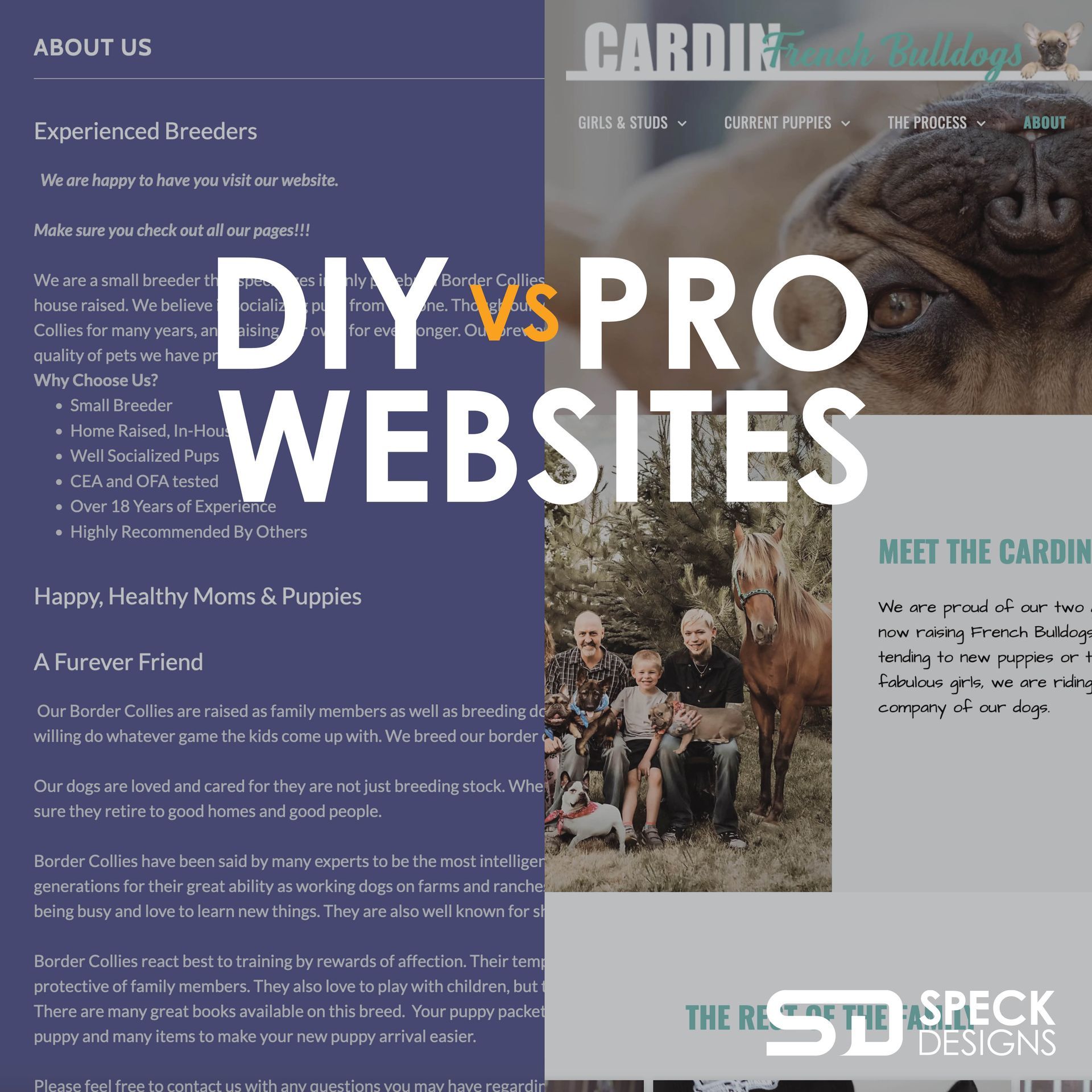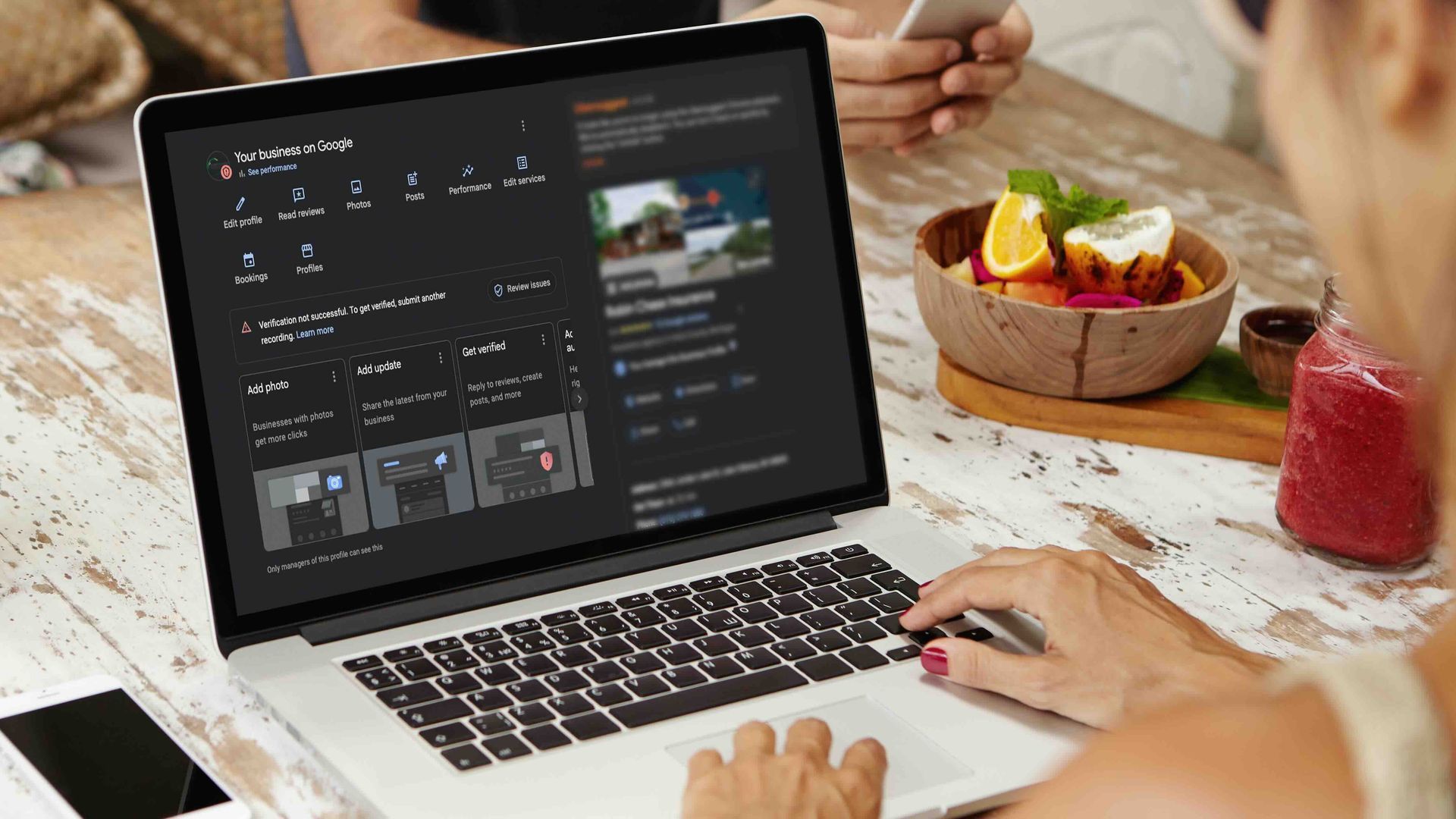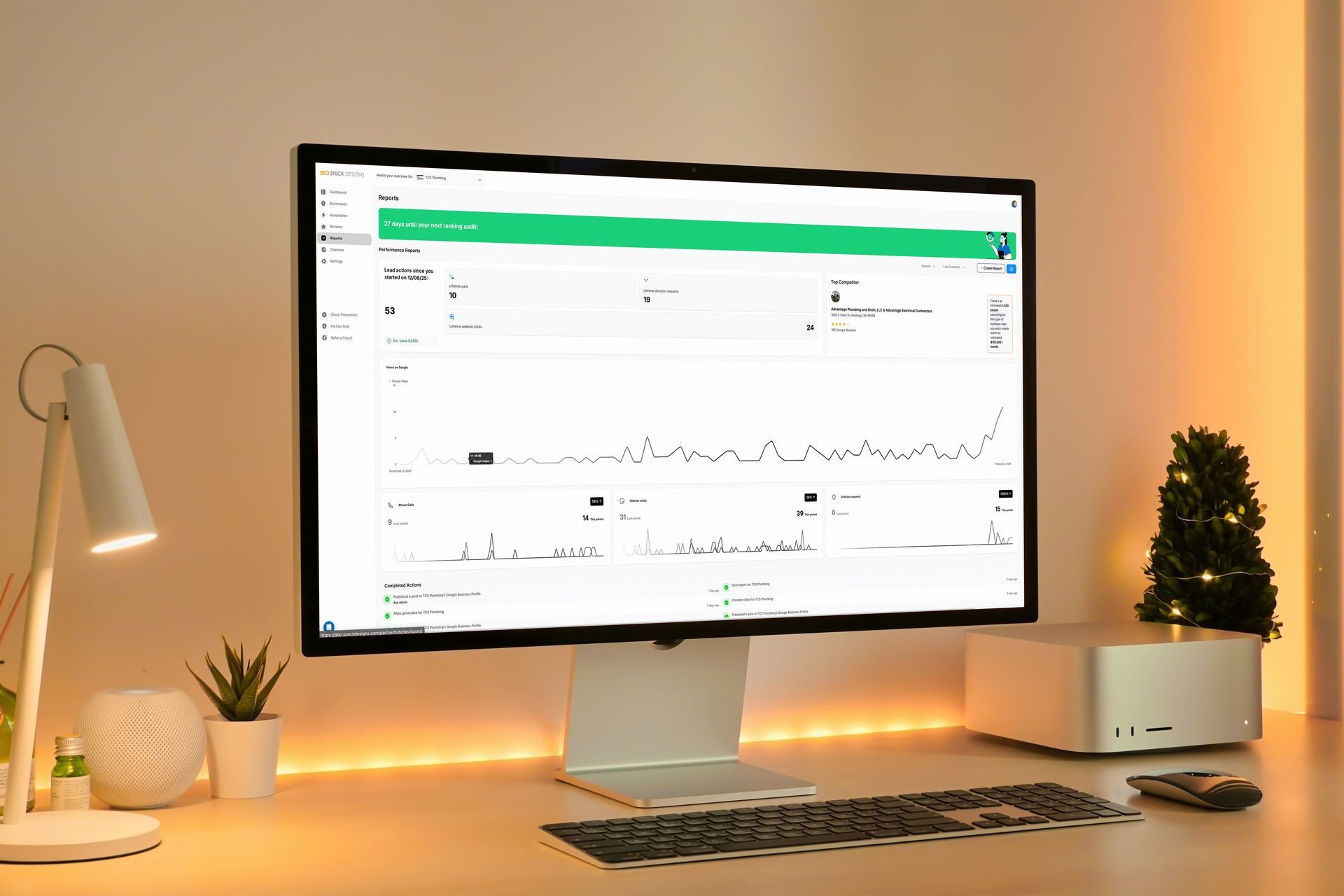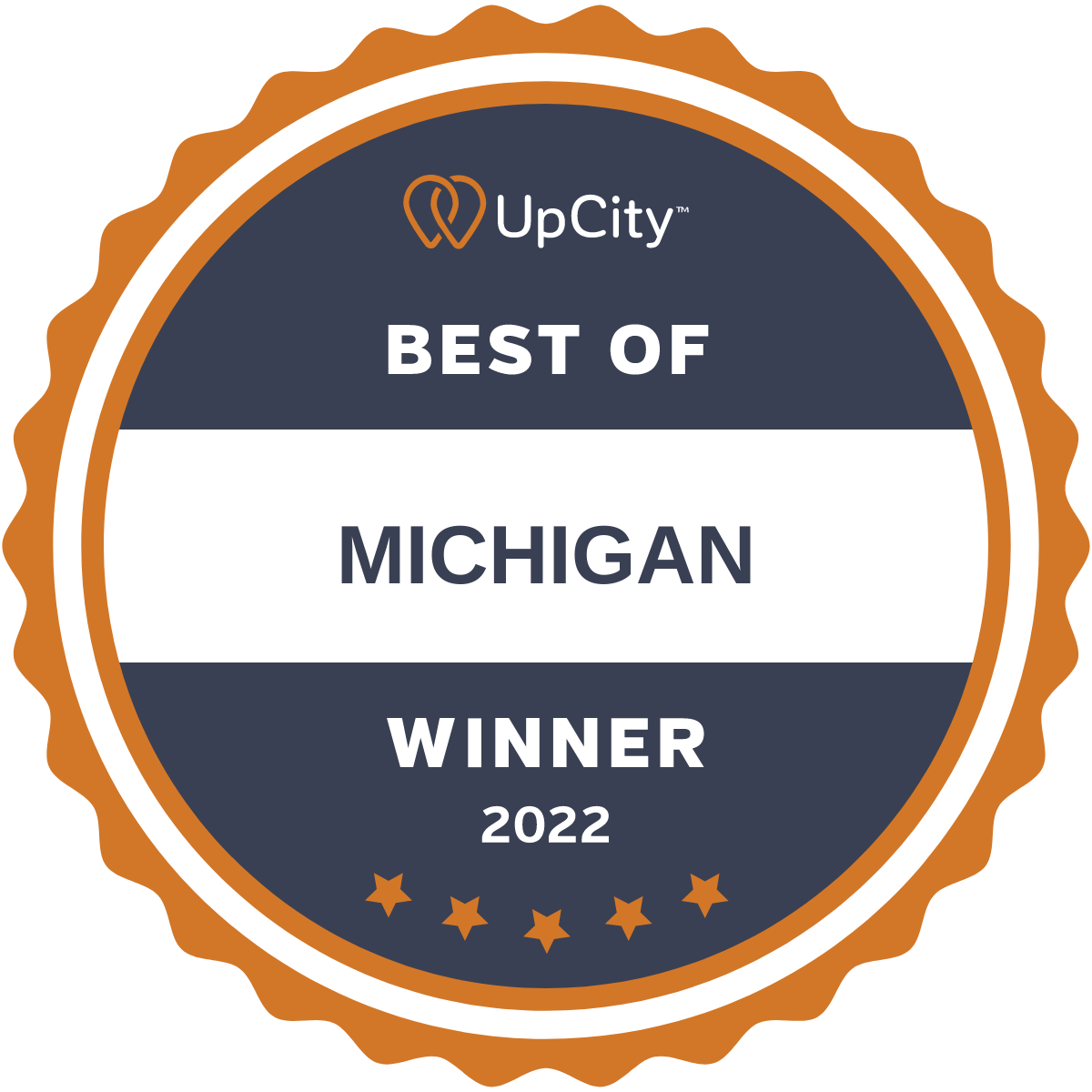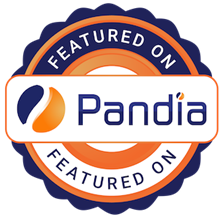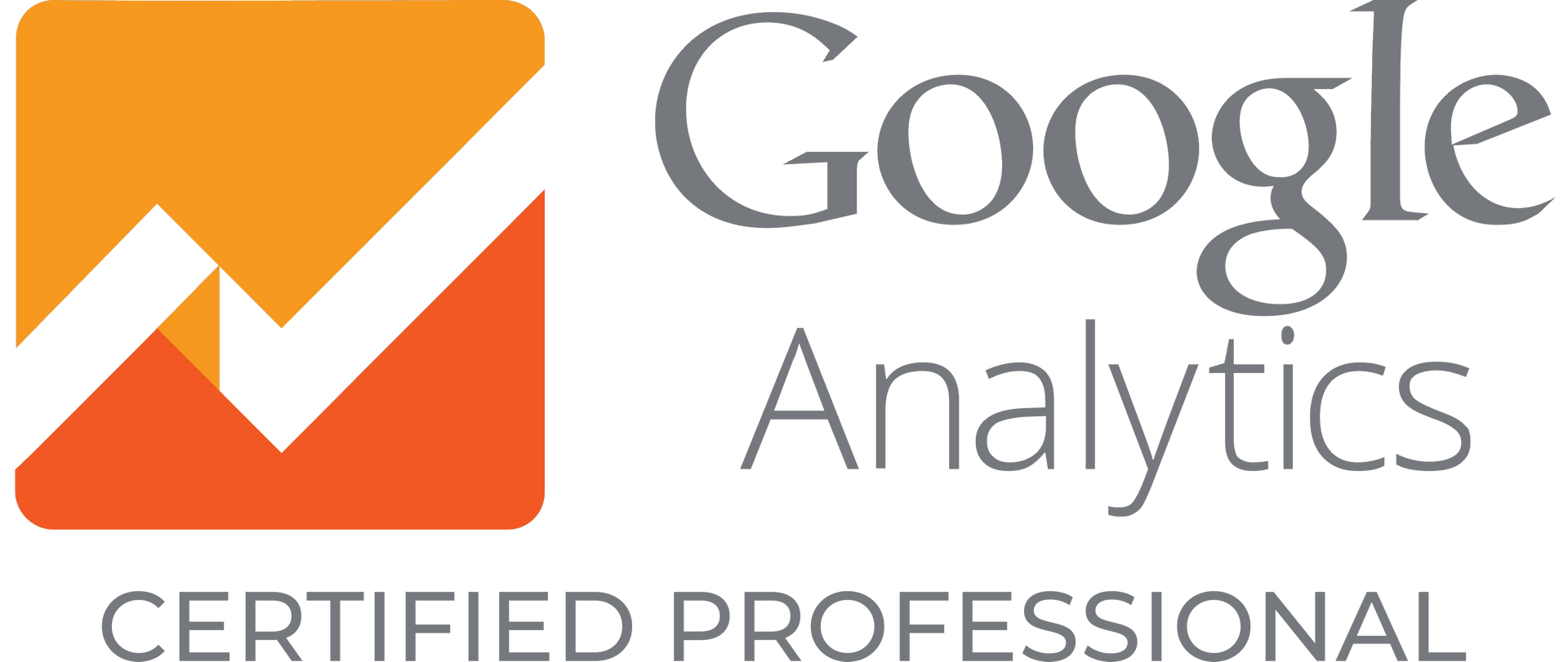DIY vs Professional Websites: The Business Owner's Guide to Boosting Google Ranking
Your website offers customers the first compelling impression of your brand. Whether you're considering the do-it-yourself (DIY) route or hiring a professional web designer, the technical aspects of your website can significantly impact its performance on Google.
📲 If you need an expert resource for web design and small business marketing, Schedule a Call. 📞
DIY Websites: The Quick Setup with Hidden Hurdles
Optimization Challenges
People often liken DIY website builders (as opposed to professional web design) to instant coffee for their quick and convenient setup. However, users unfortunately miss out on a crucial ingredient that Google craves: optimization.
Optimization transforms your website into a delectable treat for search engines. While catering to the speed-hungry, DIY platforms may lack the gourmet tools needed to fine-tune this unique sauce.
Elements like meta tags and headers might be overlooked, like the aromatic spices in a culinary masterpiece. Without these nuances, Google struggles to savor the richness of your content, making DIY sites fall short in the quest for Google's love.
URLs Lost in a Digital Translation Maze
Imagine your website's URL as its street address – a crucial piece of information that guides visitors and search engines to your virtual doorstep. In their simplicity, DIY platforms sometimes create URLs akin to a language only computers comprehend.
Conversely, Google prefers clear, easy-to-read addresses that succinctly convey the essence of your page.
DIY-generated URLs might resemble a cryptic code rather than a friendly signpost, making it challenging for Google to decipher your site's location in the vast online landscape. This language barrier can hinder your website's chances of standing out in the search results.
Speed Bumps with Loading Speeds
Using slow-loading websites is akin to enduring long lines at a physical store – an experience nobody enjoys.
DIY sites, designed for simplicity, may inadvertently become the slow ones in the online race. Google, much like a customer in a hurry, values speedy service. A sluggish website can translate to lost opportunities, as Google may relegate it to the back of the search results queue.
Users tend to click away from slow sites, impacting your site's visibility and potentially causing it to miss out on valuable traffic. In the Googleverse, speed is not just a preference; it's a prerequisite for securing a prime spot in search results.
Professional Websites: Elevating Your Google Game
Now, let's talk about the professionals – the chefs who turn your website into a Michelin-starred restaurant for Google:
Optimization Mastery
When it comes to professional websites, imagine professional web designers are culinary maestros, not just sprinkling salt but adding the perfect blend of spices to create a masterpiece. Similarly, professionals don't just optimize a few elements – they optimize everything.
Every detail is fine-tuned to perfection, from the subtle nuances of meta tags to the grandeur of resizing images. This meticulous attention to detail transforms your website into a top pick for Google's search results. Just as a chef's mastery enhances the dining experience, professional optimization ensures your website is not just seen but savored by Google's discerning algorithms.
Clear and Concise URLs
Picture your website's URL as the inviting sign above a storefront – clear, concise, and beckoning visitors to explore what lies within. Professionals excel at creating URLs that serve as these welcoming signs, guiding users and search engines seamlessly to your virtual shop.
No more confusing hieroglyphics or digital detours – just a straightforward address adorned with keywords that Google easily comprehends. This clarity enhances user experience and ensures your website's navigation is a breeze for both customers and search engine crawlers alike.
Media Magic Without the Wait
Images and videos aren't just accessories; they're the main course in the visual feast on a website. However, these media elements should enhance, not hinder, the dining experience. Professionals possess the magic touch to compress images without sacrificing quality, ensuring your site loads quickly and efficiently.
It's like serving up a gourmet meal without the wait – a delightful experience that Google recognizes and rewards with higher rankings, in the online world, where every second counts, the ability to deliver a visually appealing website with swift loading times is a crucial ingredient for success.
Google Crawling: The Virtual Adventure
Have you ever wondered how Google decides which websites get the red carpet-treatment? It's all about Google crawling your site like an adventurous explorer:
Structured Data Storytelling
In web development, there's a magical element known as structured data – a touch of magic that enhances the storytelling aspect of pages and content. Imagine it as adding captions to a photo album; each caption provides context, helping Google understand the story your content tells.
These structured data snippets are like the plot points in a compelling novel, creating eye-catching snippets that make your website stand out and communicate a straightforward and captivating narrative to Google's discerning algorithms. In a world where content is king, this structured storytelling becomes the crown jewel distinguishing your site in the vast kingdom of search results.
Site GPS with XML Sitemaps
Just as every road trip needs a reliable GPS, professionals incorporate XML sitemaps into your website – the equivalent of a Site GPS for Google's exploration journey. These sitemaps act as a navigational guide, ensuring that Google can effortlessly traverse the highways and byways of your website.
Every nook, cranny, page, and corner is mapped out, enhancing the chances of your site shining on Google's search stage. Like a well-planned road trip, an XML sitemap ensures that every destination on your website is discovered, contributing to a comprehensive and organized online presence.
Ever Ready for Google's Red Carpet
Google is the trendsetter in the digital world, and professionals act as the stylists for your website, keeping it in vogue with the latest trends. Regular updates and monitoring are the fashion checks that ensure your site stays in sync with Google's ever-evolving preferences. It's like having a personal stylist who ensures your website is always dressed to impress.
This dedication to staying ever-ready for Google's red carpet events – its search results pages – ensures that your site doesn't just dazzle momentarily but continues to captivate and shine consistently. In the dynamic landscape of the internet, being ever-ready for Google's updates is the key to maintaining a fashionable and sought-after online presence.
Key Takeaways
Consider what's on your business's plate in the DIY vs. professional dilemma. DIY is the quick fix, but bringing in the professionals adds that extra dash of excellence for a website that genuinely shines on Google. Striking a balance between the two might be the secret recipe for a website that looks good and impresses Google – the ultimate critic in the online world. Cheers to a website that takes your business to new heights!
